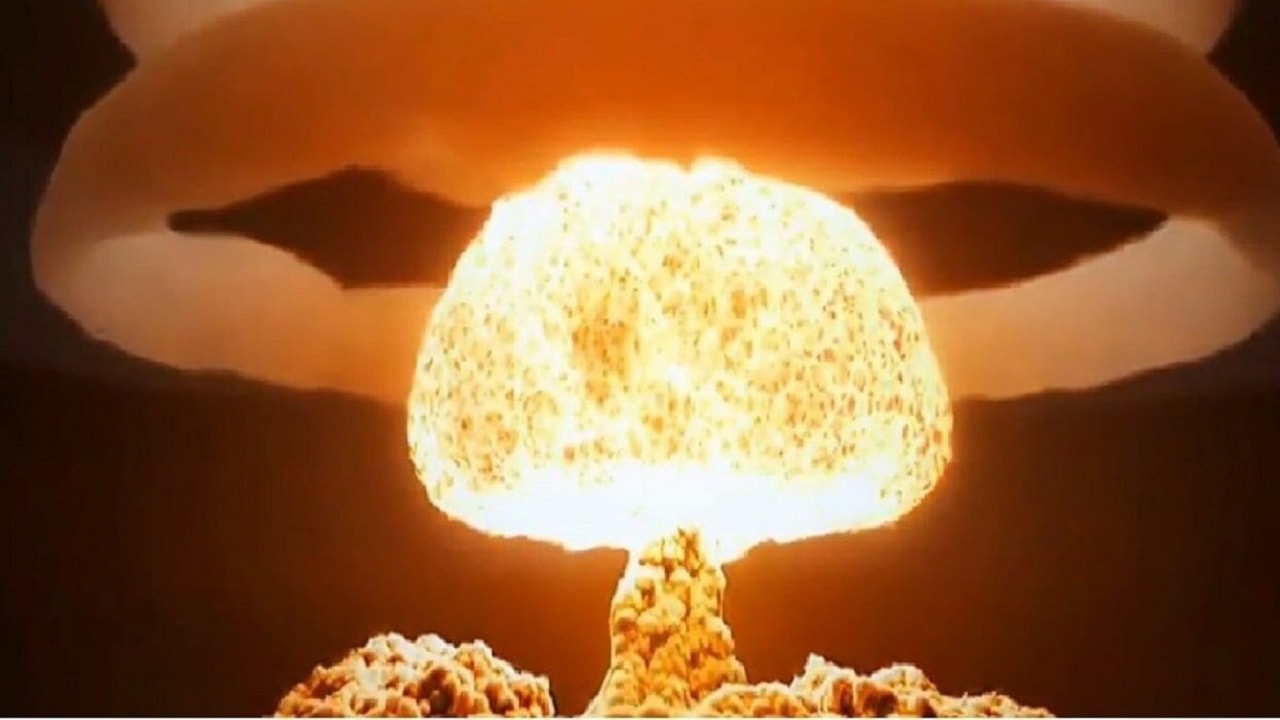Russian State TV Presenter Suggests Nuclear Problems with Finland, Sweden – After both Finland and Sweden confirmed that NATO membership applications are on their way, a Russian state television news anchor threatened the deployment of nuclear weapons.
Dmitry Kiselyov, a presenter on Russia 1 News, said that Finland and Sweden have more to fear as members of NATO than outside of the military alliance.
“Their official reason is fear,” Kiselyov said of the two countries’ decision to apply for NATO membership.
“But they’ll have more fear in NATO. When NATO bases appear in Sweden and Finland, Russia will have no choice but to neutralize the imbalance and new threat by deploying tactical nuclear weapons,” the presenter said.
Does the Kremlin Feel the Same Way?
The Kremlin has repeatedly indicated its intention to deploy nuclear weapons to the Baltic Sea, and potentially a willingness to use nuclear weapons in the event that Russia faces an “existential threat.”
In a Telegram post last week, deputy chairman of the Russian Security Council Dmitry Medvedev threatened “catastrophic” conflict with western countries if they continue to provide weaponry and other aid to Ukraine.
“Such a conflict always has the risk of turning into a full-fledged nuclear war,” he said. “This will be a catastrophic scenario for everyone.”
Last month, Medvedev also said that Russia could deploy hypersonic missiles and nuclear weapons in the Kaliningrad enclave, located between Lithuania and Poland if Finland and Sweden join NATO.
Earlier in May, however, a Russian Foreign Ministry spokesman walked back talk of a possible nuclear strike in Ukraine.
Alexei Zaitsev told reporters that nuclear weapons are not considered “applicable to tasks in the special military operation,” referring to the invasion of Ukraine. Zaitsev also said that the Kremlin has “repeatedly refuted insinuations about Russia’s possible use of nuclear weapons.”
The Kremlin spokesman added that Russia believes “there can be no winners in a nuclear war” and that it “must not be unleashed.”
The message from Russia, therefore, is unclear.
Why Russia Cares
Russian President Vladimir Putin has repeatedly warned Finland and Sweden against joining NATO. The so-called “special military operation” in Ukraine was also initiated after months of the Russian president pleading with the United States and NATO to provide “assurances” that Ukraine would never be allowed to join the military alliance.
For Putin, Finland, and Sweden joining NATO is a step toward his country becoming surrounded by NATO military bases and territory.
Finland shares 830 miles of land border with Russia. Joining the western military alliance would double the land border Russia presently shares with NATO and mean that any Russian military action against Finland would likely be met with a response from other NATO countries.
Regardless, the formal applications for Finland and Sweden to join NATO are currently underway.
Jack Buckby is a British author, counter-extremism researcher, and journalist based in New York. Reporting on the U.K., Europe, and the U.S., he works to analyze and understand left-wing and right-wing radicalization, and reports on Western governments’ approaches to the pressing issues of today. His books and research papers explore these themes and propose pragmatic solutions to our increasingly polarized society.

